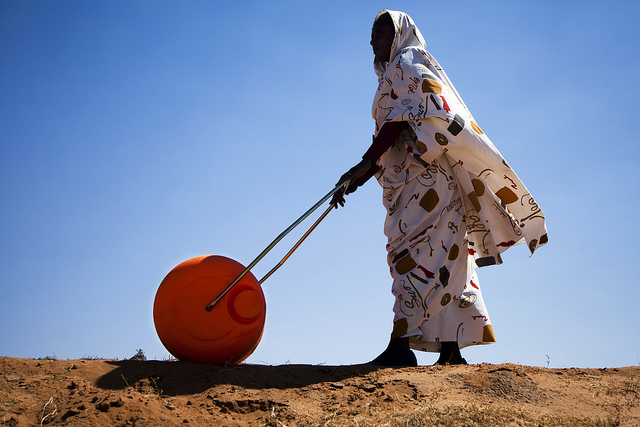Podcast: Play in new window
BOB HIRSHON (host):

Frugal Engineering. I’m Bob Hirshon and this is Science Update.
Engineers have designed equipment that can sequence the human genome. Yet millions of children die each year from lack of clean water and sanitation. And medical equipment donated to developing nations soon breaks down due to spikes in local power grids. In the journal Science, Rice University bioengineer Rebecca Richards-Kortum and her colleagues write about the need for new engineering approaches tied to local needs and limitations.
REBECCA RICHARDS-KORTUM (Rice University):
Just taking equipment that was designed for a high resource setting and plopping it into a low resource setting doesn’t solve the problem.
HIRSHON:
She and her colleagues champion frugal engineering, for use where power is intermittent, spare parts are scarce, and trained experts unavailable. They say the practice leads to solutions more likely to succeed in developing countries, and frequently yields improvements useful in more highly developed societies as well. I’m Bob Hirshon, for AAAS, the science society.
